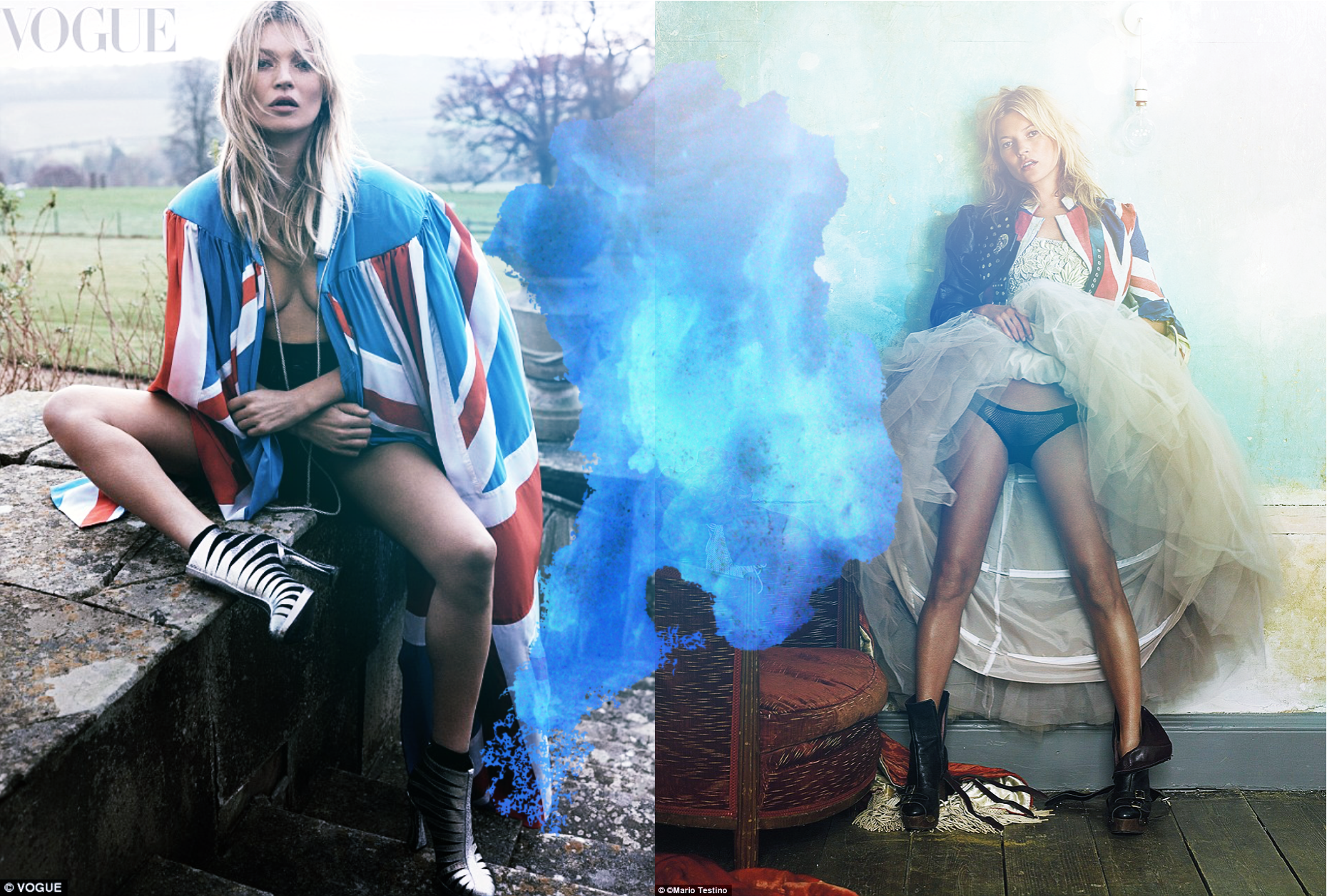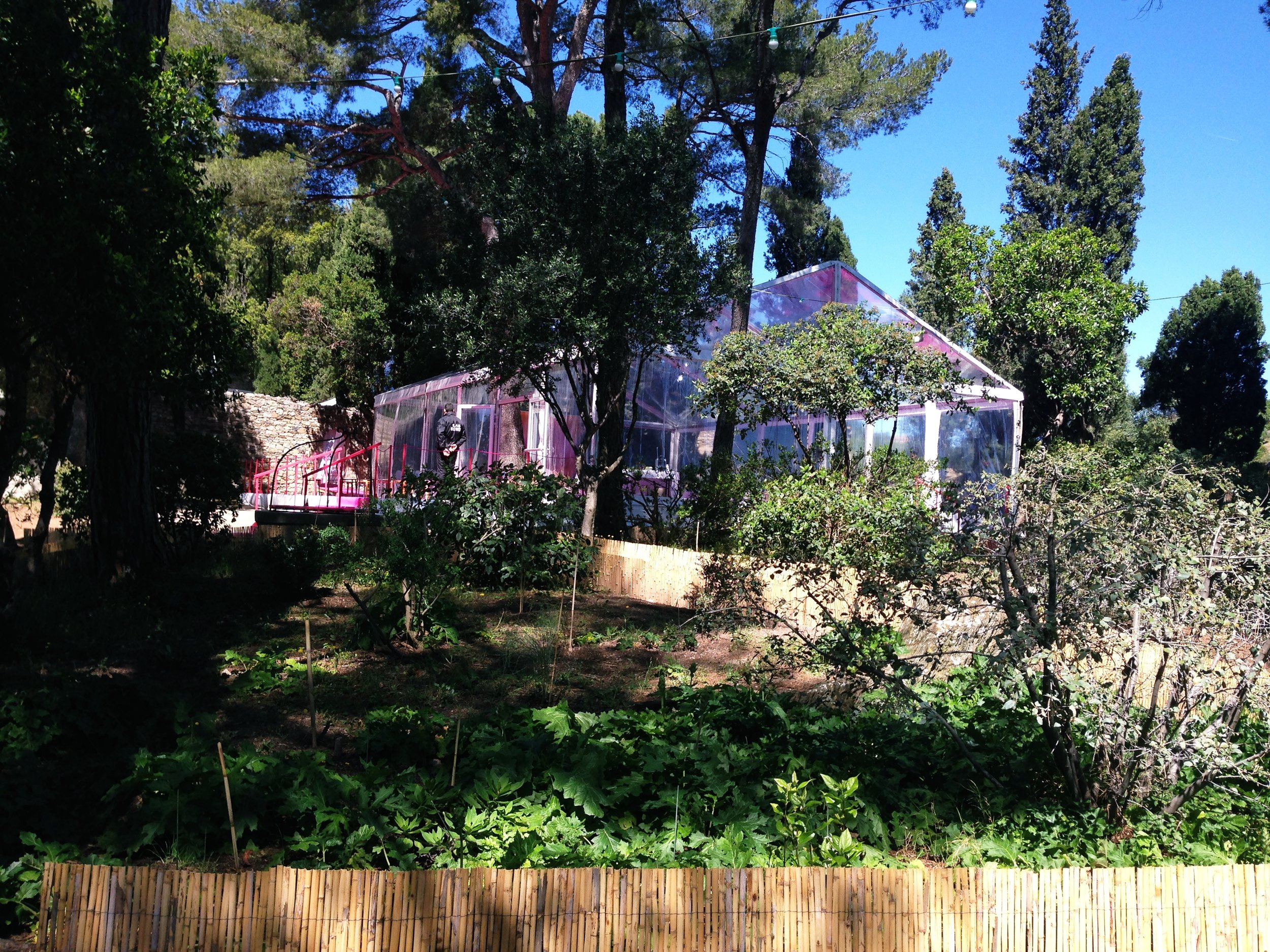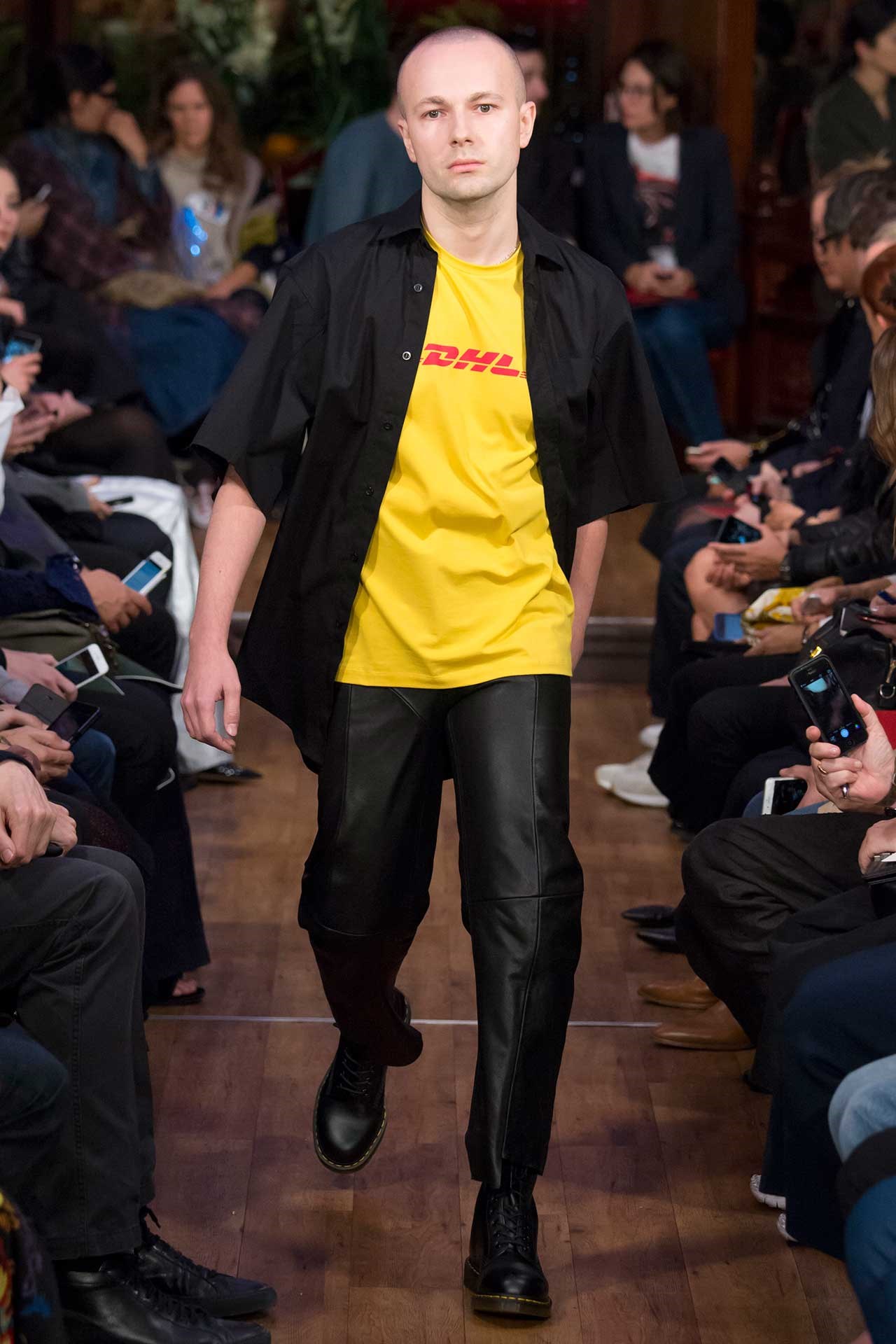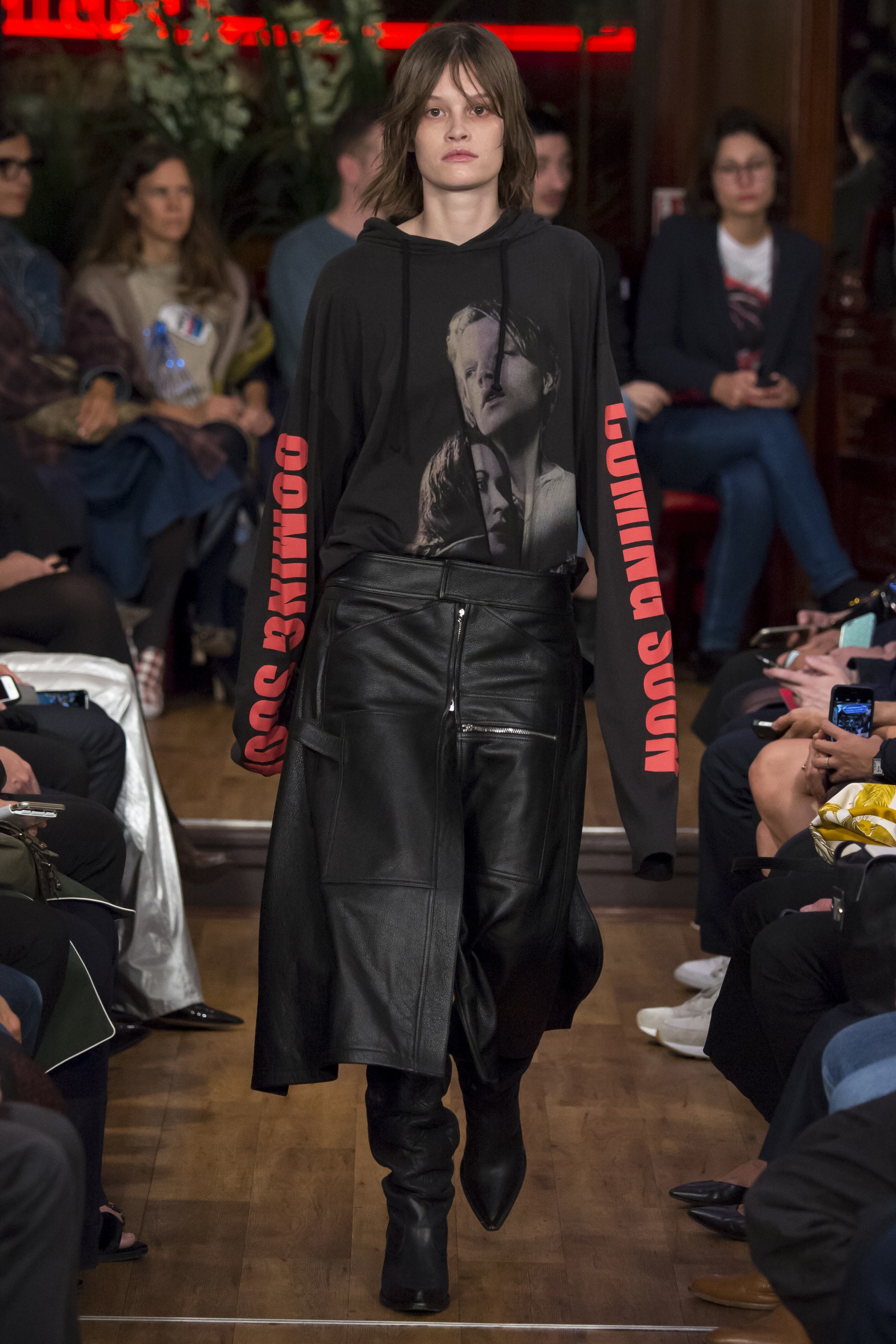Europe: New Creative Frontiers

Saturday’s atrocious terror attack on London Bridge and Borough Market replayed a heart-wrenching narrative, one we have heard much too often, flooding waves of sadnesses and shock over the banks of the Thames. However, heading to university this morning on the Tube with my fellow Londoners I did not see fear and apprehension - I saw unity and compassion. If anything, people looked again into each others eyes as you passed one another, and even smiled. This is London!
Last night’s One Love concert organised by Ariana Grande in honour of the Manchester attacks only exemplified this relentless strength and even as I watched through a Facebook livestream got goosebumps as I watched police dance with families, Liam Gallagher belting “Live Forever” Justin Bieber and 50,000 people chant Love! Love! Love! and Ariana sing a touching rendition of “Somewhere Over the Rainbow”. What a time to be alive and witness such compassion and love.
However, as Prime Minister Theresa May stated in her powerful speech, these are barbaric events and the world we live in is changing. Therefore, so must our approaches and actions.
Now, I need to take a step back.
I write about fashion and planned before the terrible events to recap on a fantastic panel discussion I watched at the Hyères Fashion Festival regarding Europe and its new creative frontiers. The events this weekend stressed that future of Europe remains uncertain - with shifting teutonic plates politically, socially and environmentally. Thus I’d say it is (even in the context of fashion) worth examining what impact does this uncertainty mean on future creativity.
The discussion was chaired by renowned fashion commentator Godfrey Deeny, with an illustrious panel: fashion editor of la Repubblica Simone Marchetti, designer Boris Bidjan Saberi, designer Peeter Ilison, general director of Paco Rabanne Bastien Daguzan and Eric Peters responsible for the EU’s drive to guarantee a single digital market.


On that hot April afternoon, in the gardens of Villa Noailles the sun was beaming through the plastic greenhouse-like tent where the panel was held (it was quite funny seeing fashion heavy weights including Pascal Morand - president of the Chambre Syndicale- forced to wear ill-fitted polyester blue baseball caps to shield from the blinding rays) making it a dream location for some serious chin scratching thoughts.
Many compelling points were made, beginning with the importance of culture and meaning. Culture and art have the distinct ability to reflect society, and are thus able to show fractures within a system, often foreshadowing major events. One of the most recent fashion examples foreshadowing such change is Demna Gvasalia’s sartorial revolution. The creative head of both Balenciaga and Vetements has offered an “anti- fashion” approach. His “norm-core” designs including sweatshirts and provocative t-shirts are an antithesis to perfectly coiffed couture, shamelessly challenging the status quo of Parisian Mode.


In an interview with Suzy Menkes, Gvasalia stated that "Young people want a change; there is a certain Zeitgeist that we feel everywhere - not people of my generation, but under us, people who are 20 now… Even in Paris, which is a very conservative city, the young generation is hungry for change.”
However, Boris stated that young brands such as Vetements must also think of the long term and not just look at quarterly bottom line profits. Culture can only be generated through time and as things speed up continuously, we start to lose that meaningful exchange and creative purpose. This is a huge problem and could potentially inhibit future innovations.
Apropos future: another main theme revolved around the new generation - the new kids on the block. Boris stated that kids today don't know anything, can’t do anything, are difficult, and are just Google kids... As I wrote his comments with my pen in my notebook, I stir in agitation at this very unfair accusation. Marchetti too found this remark to be very false stating that kids today experience knowledge differently from previous generations, and that is ok! He added his generation has the responsibility to act like a bridge connecting the old with the new.
In regards to Italy, Marchetti emphasised the importance of fashion to the future of the Italian economy - a continuous stimulator for growth. 2016 saw turnover in the Italian fashion sector of €83.6 billion - more valuable than the Italian car industry thank you very much!
[embed]https://www.youtube.com/watch?v=6UMwftLlrQQ[/embed]
Although the Italian economy struggles, the Italian fashion sector keeps growing, due to the increasing global demand for highest quality craftsmanship and for the “human made”. Brands such as Dolce and Gabbana and Valentino respond to this trend and are investing in their people through training, education and opportunities to learn and develop skills.
On a European context, the luxury consumer is looking for the unique and individual - small niche boutiques offering the exceptional. Not something mass-produced which everyone else has. A wonderful trend shifting away from often devastating outcomes of the mass-market, making way for diversity and more creativity (not industry group think). This compliments the trend we also see on the supply side. Gone are the days of new talent aspiring to work for the big brands of Louis Vuitton or Prada. No, now it’s about collaborating with small teams, being independent, being true to a creative vision and a unique offering - thinking local not global.
With fashion schools and events such as Hyères providing generous sponsorships and through communicating through social media, it is easier than ever to get your vision out into the world. Peeter however stated that as a young designer, his digital platform is more like his business card and that having a physical store is still very important as you need to feel and experience the product. See not all millennials are tech obsessed.

The big message for sustaining a positive future for Europe was the need for generating dialogue and encourage open cultural exchange and collaboration. This is when the good stuff comes out. Europe has deep roots in tradition and heritage. Those roots will helps weather the storm of volatility and allow the industry to look ahead and to flourish to new heights.
In not only a creative context, Europe today more than ever is united and motivated to conquer today’s biggest threats including climate change and terrorism. There is a very exciting energy bubbling under the surface full of determination and new ideas. Despite deep tragedy, we see optimism and hope.
And I’d like to end this piece with a quote Marchetti added - and this is one of my favourite quotes from the festival and sums up our love of fashion so perfectly:
Fashion is not about clothes. Fashion is about stories and dreams. We need that.
Yes we do, especially today.